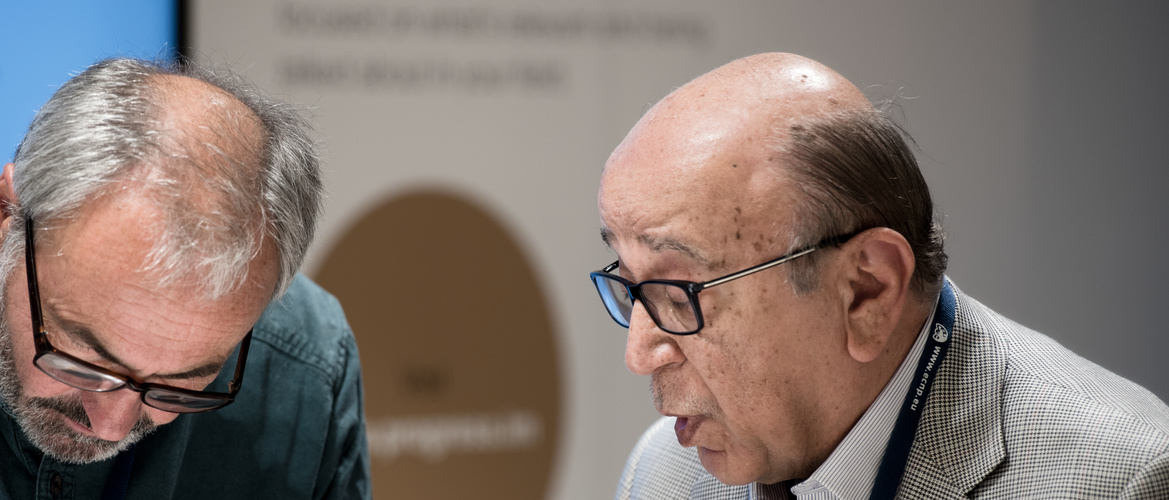
Choose a channel
Check out the different Progress in Mind content channels.

Progress in Mind

That is the approach advocated by Dr Munir Khani, Associate Professor of Psychiatry at the American University of Beirut Medical Center, Lebanon, as expressed during an interview at ECNP
This is a problem area. Psychiatric disorders in general and depression in particular have been reduced to checklists. Doctors now are taught to treat depression, and not the patient with depression.
I focus on rapport and try to gather as much information as possible, from the patient and from the family, before reaching a realistic diagnosis. I look for major vegetative symptoms, for issues relating to functioning in the family, occupation and wider society, and for a sense of whether the person is finding enjoyment in leisure activities.
I am also very concerned to see if there is any suicidal ideation. That is a possibility in every patient, and we must assess its level.
Delaying treatment promotes chronicity
A problem we have in our hospital practice is that we generally have no real contact with the patient’s general practitioner. That relationship needs to be consolidated. The family physician may already have made a diagnosis of depression – in which case we need to confirm it -- and perhaps started treatment. By the time patients get to us, some have already tried several antidepressants and may have almost given up on treatment.
Comorbidities are also a major problem. These can be psychiatric, or medical, or both. If you don’t take care of issues such as substance abuse, you’ll get nowhere in treating the depression.
Another issue is the cognitive decline of patients. We have not had a sensitive scale to assess function. The ideal is full neuropsychological testing, but that is an expense patients are reluctant to bear. The Hamilton and Beck scales, for example, don’t pay much attention to cognition. The THINC-it® tool should be given a chance and may prove to be what we really need.
Yes. Treatment should be holistic and reflect every aspect of life, not just the depression. People with depression are human beings, just like us.
We refer most of our patients to a psychologist for individual or family psychotherapy, and that makes a huge difference. There have been great advances in this field. CBT is very à la mode.
We also use ECT in cases of resistant depression, and in MDD with psychotic symptoms or suicidal ideation.
A key issue is the need for early treatment. Delay promotes chronicity. Once depression is prolonged, the anatomical changes in the brain may not be reversible, whatever you do.
Not just as relief of symptoms. A lot of patients who are essentially asymptomatic – and this goes for bipolar too – are still way down on functionality. So I look at personal, family and social circumstances; and for a positive emotional state, and restored interest in work, for example. I hate reducing psychiatry to a checklist. But it is what residents are being taught!
Our correspondent’s highlights from the symposium are meant as a fair representation of the scientific content presented. The views and opinions expressed on this page do not necessarily reflect those of Lundbeck.